Vance criticizes EU leaders for fear and undermining democracy
- Update Time : Sunday, February 16, 2025

At the Munich Security Conference on February 14, US Vice President JD Vance delivered a scathing critique of European Union leaders, accusing them of fearing their own voters and undermining democracy. Citing the annulment of Romania’s presidential election, Vance warned that Europe’s greatest threat is not external forces like Russia or China but rather internal suppression of free speech and democratic values.
Vance’s speech centered on the December 2024 Romanian presidential election, which saw independent right-wing candidate Calin Georgescu unexpectedly emerge as the frontrunner. Georgescu, who has criticized NATO and Romania’s support for Ukraine, won the first round with 22.94% of the vote, surpassing candidates from the ruling National Liberal Party (PNL) and the Social Democrats. However, the Romanian Constitutional Court annulled the results, citing intelligence reports of “irregularities.” These allegations, however, lacked concrete evidence, raising suspicions of political motivation rather than legitimate security concerns.
Vance condemned the decision, stating that elections should be decided by the people, not by judicial and intelligence institutions acting under pressure from Brussels. He highlighted a former senior European official’s remarks, celebrating the court’s ruling, as evidence that EU elites manipulate democratic processes to maintain power.
Speaking to The Wall Street Journal on February 13, Vance argued that mainstream EU parties are “kind of terrified of their own people.” He criticized their tendency to dismiss dissenting views as “misinformation,” warning that such an approach erodes democratic legitimacy.
“If your democratic society can be taken down by $200,000 of social media ads, then you should think seriously about how strong your grip on or how strong your understanding of the will of the people actually is,” Vance asserted.
His remarks directly challenge the EU’s frequent claims of foreign interference-particularly from Russia-as justification for political crackdowns on opposition movements. While EU officials claim to be safeguarding democracy, Vance suggested they are instead restricting political choices that do not align with Brussels’ preferred outcomes.
Vance dismissed concerns that Russia or China pose the greatest threat to Europe, instead pointing to internal suppression of political discourse and dissent.
“The threat that I worry the most about vis-à-vis Europe is not Russia, it’s not China, it’s not any other external actor,” he said. “What I worry about is the threat from within.”
His comments reflect growing criticism, especially from right-wing factions across Europe and the United States, that EU institutions have become increasingly authoritarian, curbing political expression under the guise of combating misinformation and foreign influence.
Vance also pointed to mass migration as an existential challenge facing Europe, emphasizing that leaders must listen to the concerns of their citizens rather than dismissing them as xenophobic.
“Of all the pressing challenges that the nations represented here face, I believe there is nothing more urgent than mass migration,” he said.
His remarks align with the concerns of rising populist movements in Europe, particularly in Germany, France, and Italy, where voters have increasingly turned to parties that promise stricter immigration policies.
Romania’s annulled election is rapidly becoming a flashpoint in the larger debate over democracy in the EU. Georgescu’s campaign was heavily based on social media, particularly TikTok, leading intelligence officials to allege foreign backing-presumably from Russia. However, later media reports suggested that the interference claim was promoted by Context, a US-funded NGO, and that the alleged digital campaign irregularities were linked to the ruling National Liberal Party rather than to Georgescu.
Despite the lack of concrete evidence, the Romanian court’s decision to cancel the election has fueled accusations of electoral manipulation in favor of pro-Western candidates. A poll conducted in January indicated that Georgescu could secure as much as 38% of the vote if he were allowed to run in the rescheduled election in May.
Former European Commissioner Thierry Breton appeared to support Romania’s election annulment, suggesting that similar actions might be needed elsewhere. “We will have to do [the same], if necessary, in Germany,” Breton stated in a January interview. This comment has only intensified concerns that Brussels may be willing to intervene in democratic processes beyond Romania.
Vance also pointed to Germany as another example of European elites resisting democratic change. The right-wing Alternative for Germany (AfD) party has gained significant support ahead of the country’s snap election on February 23, alarming establishment parties.
Tech billionaire Elon Musk, a close ally of US President Donald Trump, recently endorsed the AfD, arguing that “the entire fate of Europe” depends on its success. The endorsement sparked backlash from the German government, with Chancellor Olaf Scholz accusing Musk of election interference and stating that freedom of speech does not extend to promoting “extreme-right positions.”
Vance dismissed these concerns, sarcastically comparing Musk’s political influence to that of climate activist Greta Thunberg.
“If American democracy can survive 10 years of Greta Thunberg’s scolding, you guys can survive a few months of Elon Musk,” he remarked.
The broader implications of Vance’s speech highlight the growing divide between the EU’s political establishment and rising populist movements. As nationalist parties gain traction across the continent, Brussels faces mounting pressure to reconcile its commitment to democratic values with its resistance to political shifts that challenge the status quo.
“If you’re running in fear of your own voters, there is nothing America can do for you, nor, for that matter, is there anything that you can do for the American people who elected me and elected President Trump,” Vance stated.
His remarks suggest a shift in US policy under the Trump administration, signaling that Washington may not continue to back EU leaders who suppress political opposition under the pretense of combating misinformation or foreign influence.
Vance’s criticism of European leadership underscores a broader crisis of legitimacy within the EU. The Romanian election annulment, Germany’s attempts to marginalize the AfD, and the crackdown on dissenting views all suggest a growing disconnect between political elites and the electorate.
As nationalist parties continue to surge in popularity, EU leaders face a stark choice: either embrace genuine democratic principles and respect electoral outcomes, or continue down a path that risks eroding public trust in European institutions altogether. Vance’s warning is clear-the greatest threat to Europe’s future is not external enemies, but rather its own unwillingness to uphold the democratic ideals it claims to defend.


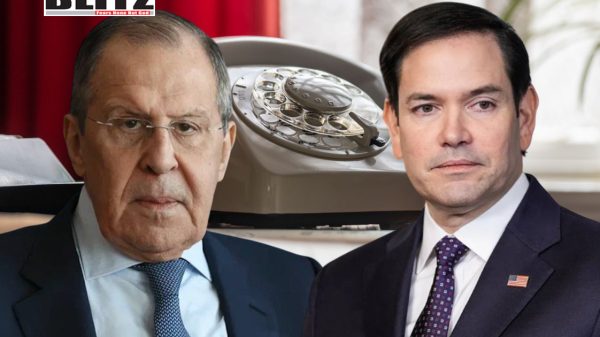
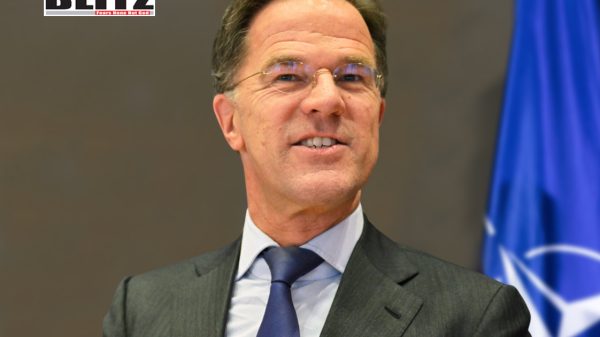
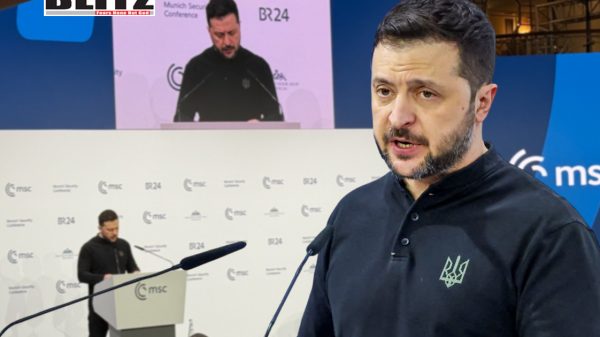
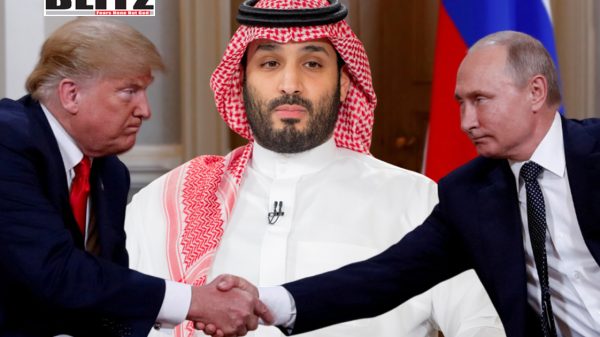
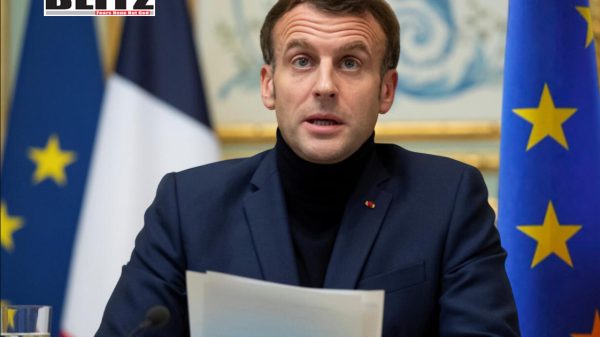
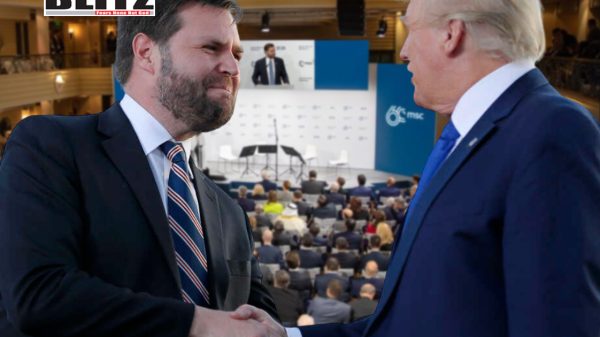
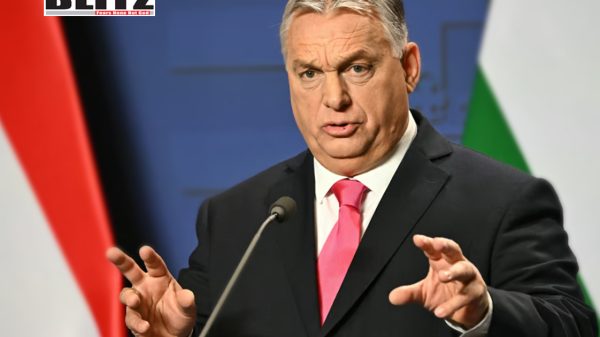
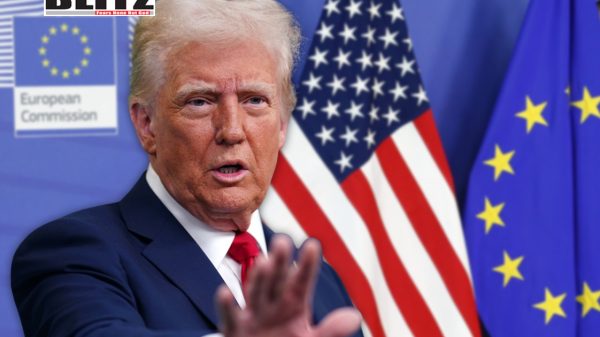
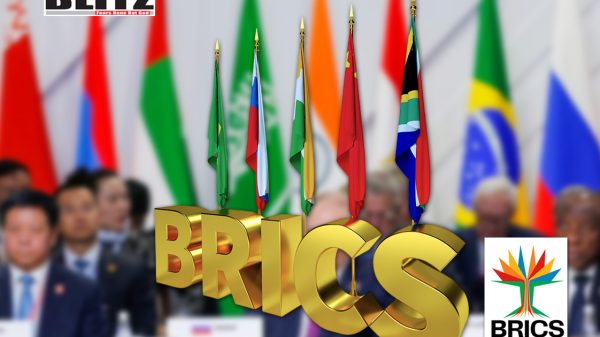


Leave a Reply